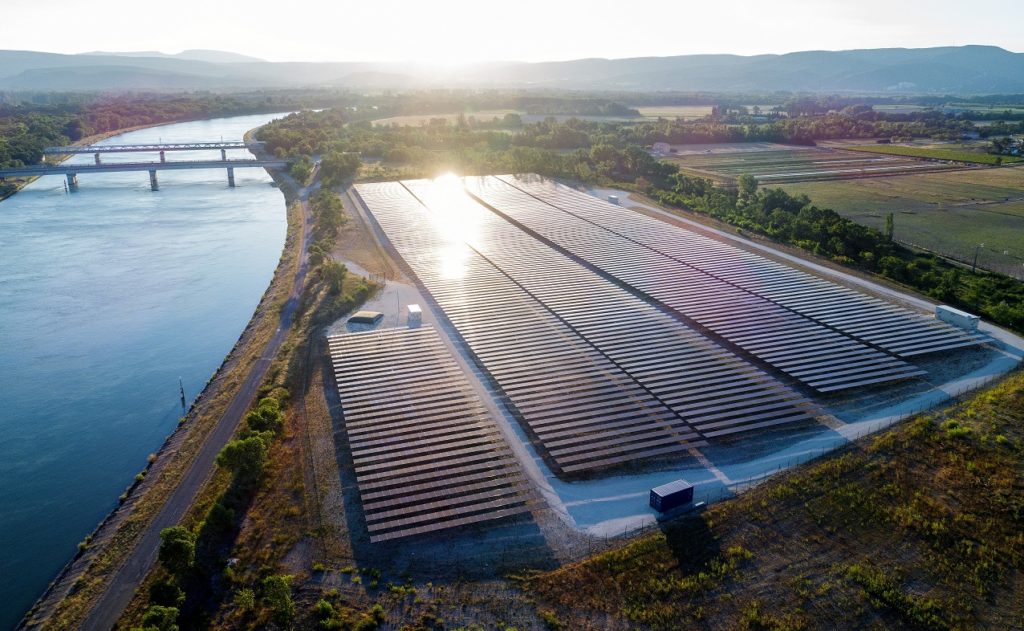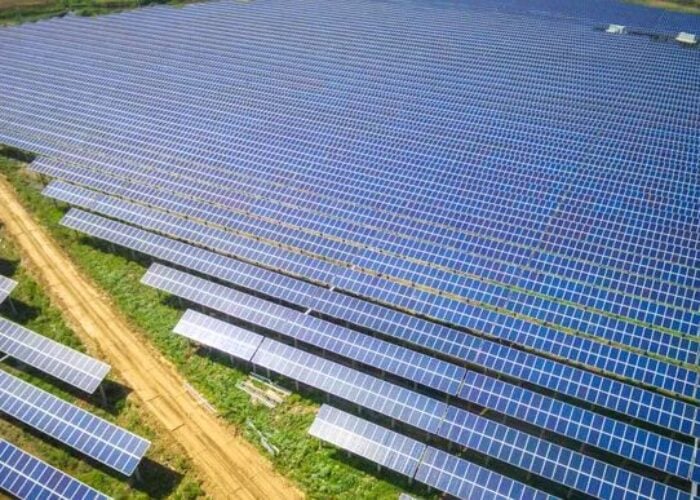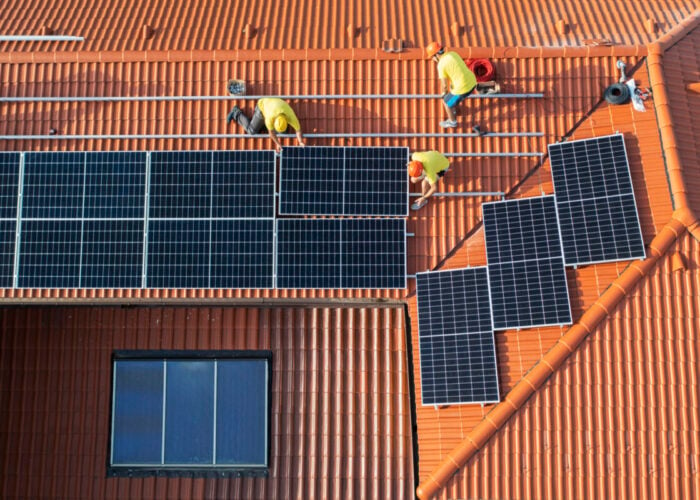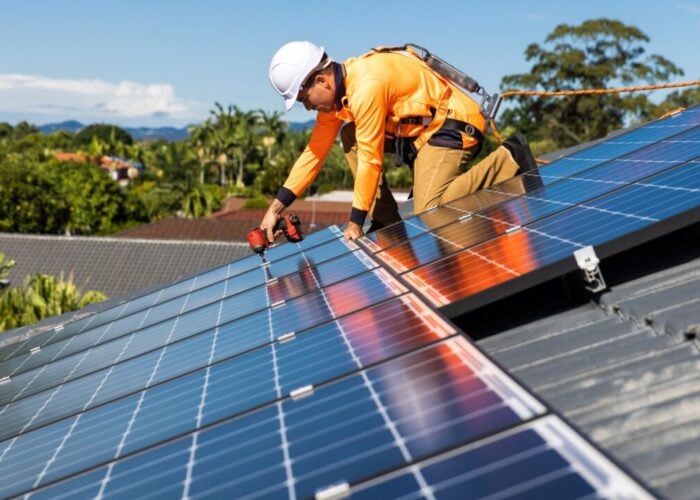
European Union (EU) member states are planning a surge in renewables to replace fossil-fired generation as COVID-19, soaring gas prices and Russia’s war in Ukraine put pressure on countries to move towards cleaner and cheaper sources of power.
That is according to a new report from think tanks Ember and the Centre for Research on Energy and Clean Air (CREA), which found that EU countries have slashed their plans for fossil-fired electricity by a third in the last two years.
Unlock unlimited access for 12 whole months of distinctive global analysis
Photovoltaics International is now included.
- Regular insight and analysis of the industry’s biggest developments
- In-depth interviews with the industry’s leading figures
- Unlimited digital access to the PV Tech Power journal catalogue
- Unlimited digital access to the Photovoltaics International journal catalogue
- Access to more than 1,000 technical papers
- Discounts on Solar Media’s portfolio of events, in-person and virtual
Recently announced policies will see 595TWh of fossil fuel generation in 2030, down from plans published just two years ago for 867TWh in 2030.
“The EU has put the energy transition on turbocharge, with governments getting serious about cutting out costly fossil fuels,” said Pawel Czyzak, senior energy and climate data analyst at Ember. “There’s a consensus that ramping up wind and solar power quicker can help the EU head off multiple crises.”
EU member states’ current strategies will put the bloc on course for 63% of electricity from renewables in 2030, up from 55% under previous plans published in 2019, according to Ember and CREA.
And that ambition is set to increase further as the European Commission’s REPowerEU plan, published earlier this month, targets 69% of electricity from renewables and 740GWdc of installed solar by 2030.
An EU Solar Strategy, released alongside REPowerEU, features four initiatives to boost PV deployment: a rooftop programme, which will make the installation of rooftop solar compulsory for all residential buildings by 2029; permitting reform; addressing the skills shortage; and more support for PV manufacturing.
REPowerEU also sets a target of 10 million tonnes of domestic renewable hydrogen production and 10 million tonnes of imports by 2030, to replace natural gas, coal and oil in hard-to-decarbonise industries and transport sectors.
Ember and CREA said ambition on the energy transition has shifted quickly in response to the gas crisis and war in Ukraine, with 19 European governments having released plans in the last two years that will accelerate decarbonisation.
“Europe now recognises that fossil fuels equal volatility,” said CREA analyst Erika Uusivuori. “The current energy landscape is unprecedented, but a jump in ambition to cut fossil fuel dependence is now putting countries on a path to more security.”







